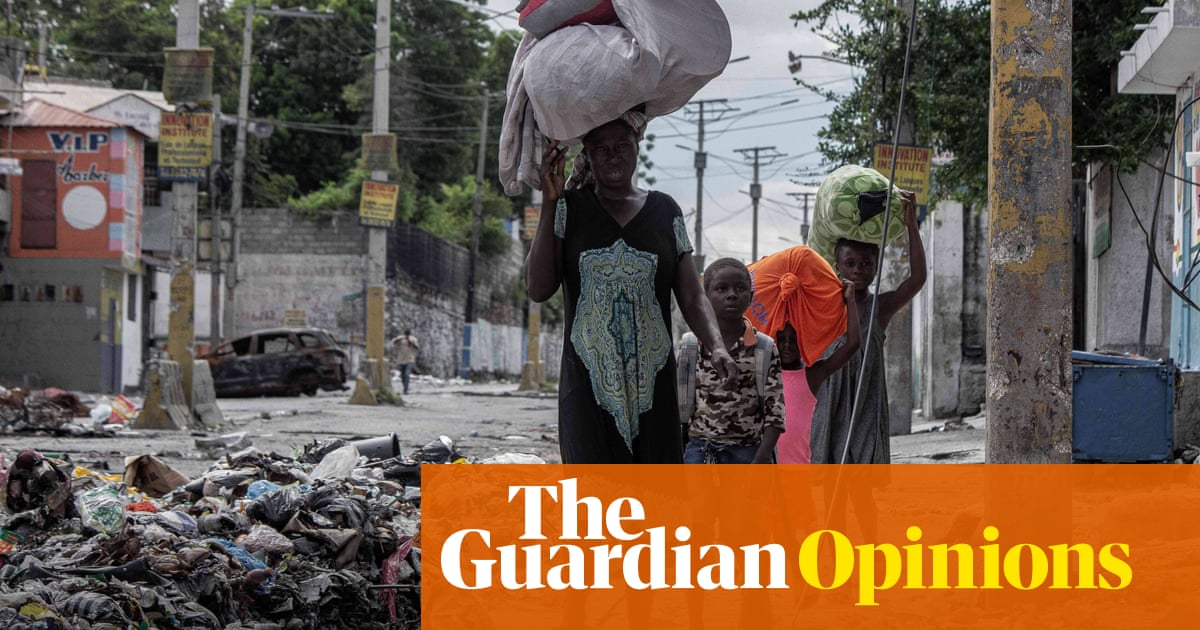
Economic growth will bring prosperity to all. This is the mantra that guides the decision-making of the vast majority of politicians, economists and even human rights bodies.
Yet the reality – as detailed in a report to the United Nations Human Rights Council this month – shows that while poverty eradication has historically been promised through the “trickling down” or “redistribution” of wealth, economic growth largely “gushes up” to a privileged few.
In the past four years alone the world’s five richest men have more than doubled their fortunes, while nearly 5 billion people have been made poorer. If current trends continue, 575 million people will still be trapped in extreme poverty in 2030 – the deadline set by the world’s governments to eradicate it. Currently, more than 4 billion people have no access whatsoever to social protection.
Hundreds of millions of people are struggling to survive in a world that has never been wealthier; many are driven to exhaustion in poorly paid, often dangerous jobs to satisfy the needs of the elite and to boost corporate profits. In low-income countries, where significant investment is still required, growth can still serve a useful role. In practice, however, it is often extractive, relying on the exploitation of a cheap workforce and the plundering of natural resources.
The endless quest for growth at all costs, and the escalating use of the natural resources it demands, is pushing our planet way beyond its limits. Six of the nine “planetary boundaries” – Earth’s life-support systems – have already been crossed. For too long, the health of our planet has been sacrificed for inequitable material gain.
Our economies are failing us. We urgently need to look beyond profit, beyond the short term and beyond the interests of the few.
A “human rights economy” can deliver for people and the planet because it shifts our focus from growth to humanity – grounding the purpose of the economy in fundamental, universal human values. It offers human rights as a guardrail to keep the economy on track – meeting the challenges of the climate crisis, addressing inequalities and eradicating poverty.
This proposition is not some fairytale. Concrete steps can be taken now, starting with choosing measures of progress other than gross domestic product (GDP) – which tells us nothing about the ecological or social fallout of economic activity.
And we need to start valuing what really counts. GDP has no way of accounting for the estimated 16.4bn hours spent every day worldwide on unpaid work, largely carried out by women, that underpins the global economy: caring for children, people with disabilities and older citizens.
Unpaid domestic and care work should be remunerated through paid parental and carers’ leave, included in pension calculations, and supported through access to safe water, sanitation, affordable childcare facilities and other essential services.
Financing these services while reducing our dependence on GDP growth is achievable through progressive tax policies such as inheritance and wealth taxes, preventing illegal financial flows and tax evasion, and tackling corruption. More effective international cooperation on tax, debt and social protection is also needed.
This is a major undertaking. The barriers are real: most people have been led to believe that economic growth equals human progress. Yet a growing movement is rallying against our growth-driven economic model: climate activists, workers and trade unions, scientists and academics, young people, environmental and human rights defenders, Indigenous peoples, progressive economists, and activists fighting inequality, gender disparities and colonialism are speaking out.
As world leaders prepare to gather for the Summit of the Future in September – a UN initiative that aims to forge a global consensus around what our future should look like – this groundswell of support for an alternative vision of progress must be embraced. Without a roadmap for a global economy that protects human rights, including the right to a clean, healthy and sustainable environment, the final document leaders agree in New York will continue to lead us down the path to extinction.
Obsession with growth is enriching elites and killing the planet. We need an economy based on human rights - The Guardian
Read More
No comments:
Post a Comment